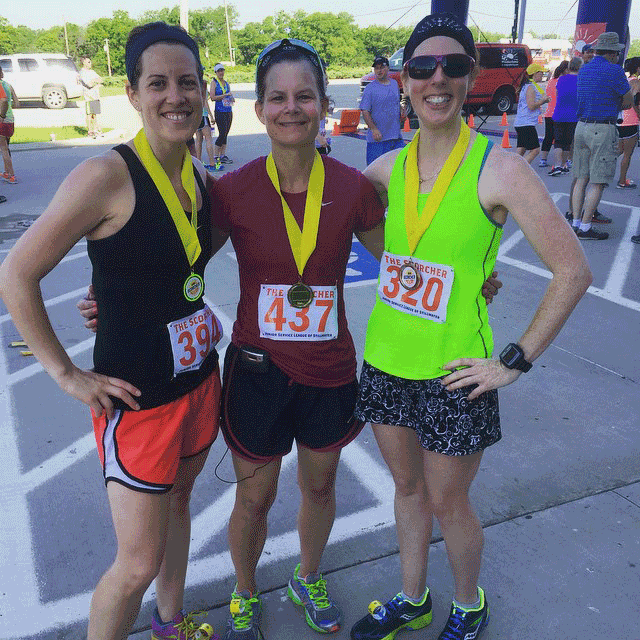OSU employee encourages holistic approach to wellness
Friday, February 19, 2016

As the New Year begins, more people are hitting the gym to get healthy. But an Oklahoma State employee and adjunct faculty wants to show students that health goes beyond physical wellness.
Rachel Shreffler, assistant director of health and wellness in the Human Resources department, grew up in an active family, but it wasn’t until she became a student at OSU that she realized a healthy lifestyle went beyond the walls of a gym.
“When behaviors I did or didn’t engage in started impacting my health — that drew me to want to learn more about wellness,” Shreffler said. “Wellness really is holistic. Although critically important, it’s not just nutrition or being physically active.”
Shreffler also teaches a total wellness course, which is open to all majors, and works to show students what a holistically healthy lifestyle looks like.
“It is important to focus on all dimensions of wellness,” Shreffler said. “Getting adequate sleep, making healthy choices, engaging in physical activity. We’re inundated with messages about being active and eating right, but I think those can become a priority when we examine the other dimensions as well.”
For Shreffler, her life experiences have allowed her to understand the multi-faceted nature of total wellness.
“I went through an unhealthy phase, not necessarily physically, but emotionally,” Shreffler said. “And those emotional challenges led me to all embrace the other dimensions of wellness and understand how important they are in overall health.”
Shreffler has run 11 marathons as well as numerous half marathons, 10Ks and 5Ks. She now runs as a pacer to help other participants finish a race or reach a goal time. For Shreffler, maintaining healthy relationships and having accountability with her friends encourages her to live a holistically healthy lifestyle.
“We discuss how people need to engage in physical activity, and I support that 100 percent, but my question is, ‘Why don’t they? What emotionally, intellectually, or in respect to the other dimensions of wellness leads to that not being a priority in their lives?’” Shreffler said. “For example, a person might be depressed, so they don’t feel like exercising. In this situation, I believe emotional wellbeing can positively or negatively contribute to wellness.”
For more information on programs offered through the Department of Wellness, visit wellness.okstate.edu.
Story by Catherine Wilson
PHOTOS: https://flic.kr/s/aHsksW3cot
